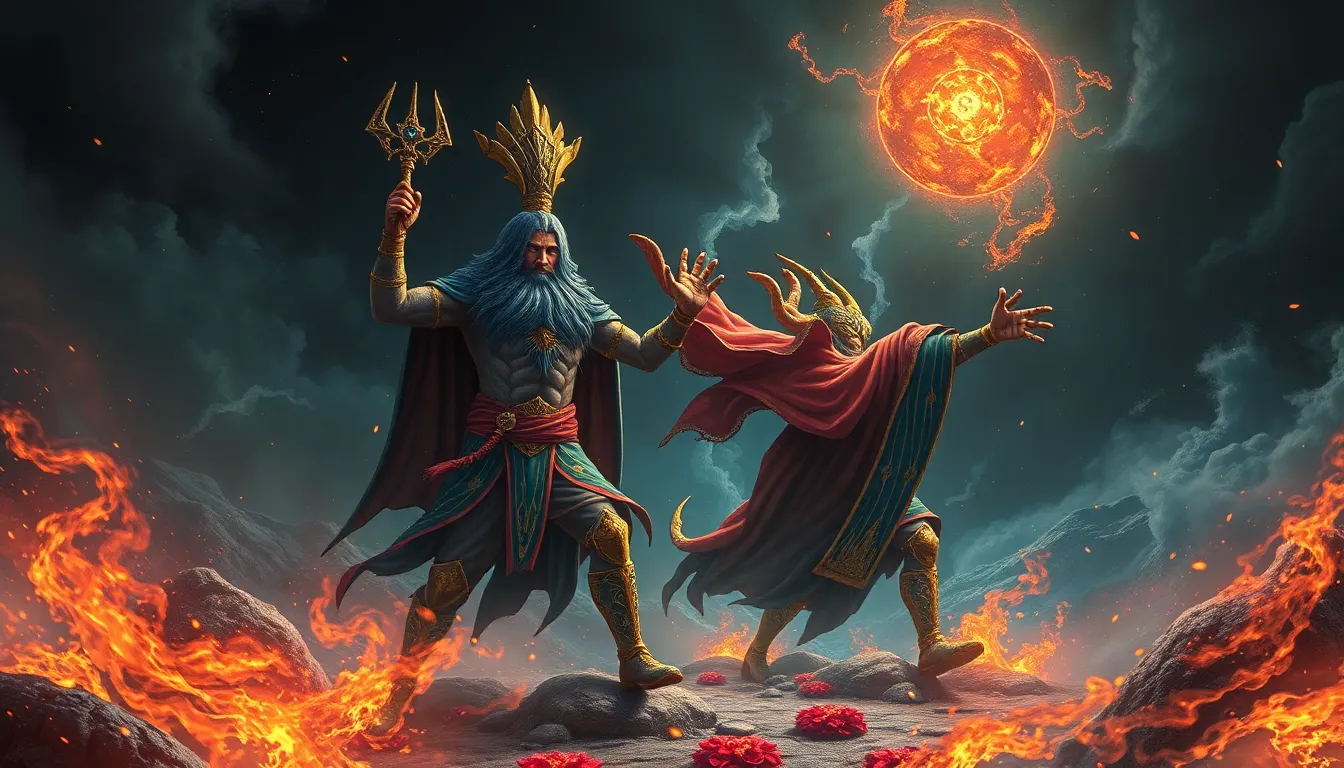The Timeless Appeal of Cultural Hero Myths
Introduction to Cultural Hero Myths
Cultural hero myths are narratives that revolve around extraordinary individuals who embody the values, ideals, and struggles of their societies. These myths serve not only as entertainment but also as moral compasses, guiding communities in understanding right from wrong, and inspiring individuals to aspire to greatness. Across different epochs and civilizations, hero myths have been a constant presence, illustrating a shared human experience and the universal quest for meaning.
Historical Context: The Origins of Hero Myths
The origins of hero myths can be traced back to ancient civilizations, where they played a crucial role in shaping cultural identities. Greek mythology, with figures like Hercules and Achilles, showcased the ideal of heroism through feats of strength and bravery. Similarly, Roman myths celebrated their heroes, such as Aeneas, who represented duty and piety.
Norse mythology introduced us to heroes like Thor and Odin, whose stories were preserved through oral traditions. These oral narratives were crucial in maintaining the cultural fabric, passed from generation to generation, and ensured that the lessons of the past were not forgotten.
Characteristics of Hero Myths
Cultural heroes often share common traits that make them relatable and aspirational figures:
- Bravery: Heroes face insurmountable odds and confront danger head-on.
- Sacrifice: They often give up personal comfort or safety for the greater good.
- Moral Integrity: Heroes uphold ethical standards, serving as role models for their communities.
The archetypal journey of a hero typically follows a pattern known as the hero’s journey, which includes:
- Departure: The hero leaves their ordinary world for an adventure.
- Initiation: The hero faces trials, gains allies, and learns crucial lessons.
- Return: The hero returns transformed, bringing new wisdom to their community.
Cultural Significance: Why We Create Heroes
Hero myths fulfill various functions within societies. They provide:
- Moral Guidance: Heroes exemplify values that society cherishes and aspires to uphold.
- Identity Formation: They help individuals and communities understand their place in the world.
The psychological impact of hero figures can be profound, inspiring individuals to overcome their own challenges and strive for excellence. The stories of heroes resonate with the human condition, providing hope and motivation during difficult times.
Modern Interpretations of Hero Myths
The concept of heroism has evolved significantly in contemporary society, leading to new adaptations in literature, film, and media. Superheroes, such as those in comic books and movies, have become modern cultural icons. Characters like Spider-Man and Wonder Woman reflect current societal values, such as justice, resilience, and equality.
These modern heroes often address contemporary challenges, from social justice issues to environmental crises, making them relevant to today’s audiences. The evolution of hero narratives also highlights the changing landscape of what we consider heroic in an increasingly complex world.
Global Variations: Hero Myths Across Cultures
Hero myths vary significantly across cultures, each offering unique lessons and values. For instance:
- Indigenous Cultures: Heroes often embody a deep connection to nature and spirituality, as seen in figures like Nanabozho from Anishinaabe mythology.
- Eastern Cultures: In Chinese mythology, figures like Sun Wukong (the Monkey King) symbolize cleverness and rebellion against tyranny.
- African Myths: Heroes such as Anansi the Spider teach wisdom and the importance of storytelling.
These diverse narratives enrich our understanding of heroism and highlight the different values that societies prioritize.
The Role of Gender in Hero Myths
The portrayal of heroes has often reflected societal gender norms. Traditionally, male heroes dominated the narratives, showcasing attributes like strength and valor. However, female heroes have begun to gain recognition in many cultures.
Modern interpretations are evolving, with female characters such as Katniss Everdeen from “The Hunger Games” and Moana representing courage and leadership. This shift signifies a growing acknowledgment of the multifaceted nature of heroism, where both genders can exhibit bravery and integrity.
Cultural Heroes in Times of Crisis
Hero myths often emerge or evolve during times of societal upheaval. Historical events, such as wars or pandemics, give rise to new heroes who symbolize resilience and hope. For example, during the COVID-19 pandemic, healthcare workers were hailed as heroes for their bravery and commitment to saving lives.
Case studies of modern cultural heroes, such as Malala Yousafzai advocating for girls’ education or Greta Thunberg fighting for climate action, illustrate how contemporary narratives shape our understanding of heroism in the face of global challenges.
The Future of Cultural Hero Myths
As society evolves, so too will hero myths. Predictions suggest that hero narratives will increasingly reflect the complexities of the modern world. Technology and social media play pivotal roles in the creation and dissemination of new hero stories, allowing for a diverse range of voices to be heard.
In the future, we may see heroes who are not just individuals but collective movements, embodying the spirit of community and collaboration in addressing global issues.
Conclusion: The Enduring Legacy of Hero Myths
The relevance of cultural hero myths remains strong, as they continue to teach us about ourselves and our societies. These narratives remind us of the values we cherish, the struggles we face, and the potential for greatness within each of us. As we navigate an ever-changing world, the stories of our heroes will undoubtedly inspire future generations to rise above challenges and strive for a better tomorrow.




